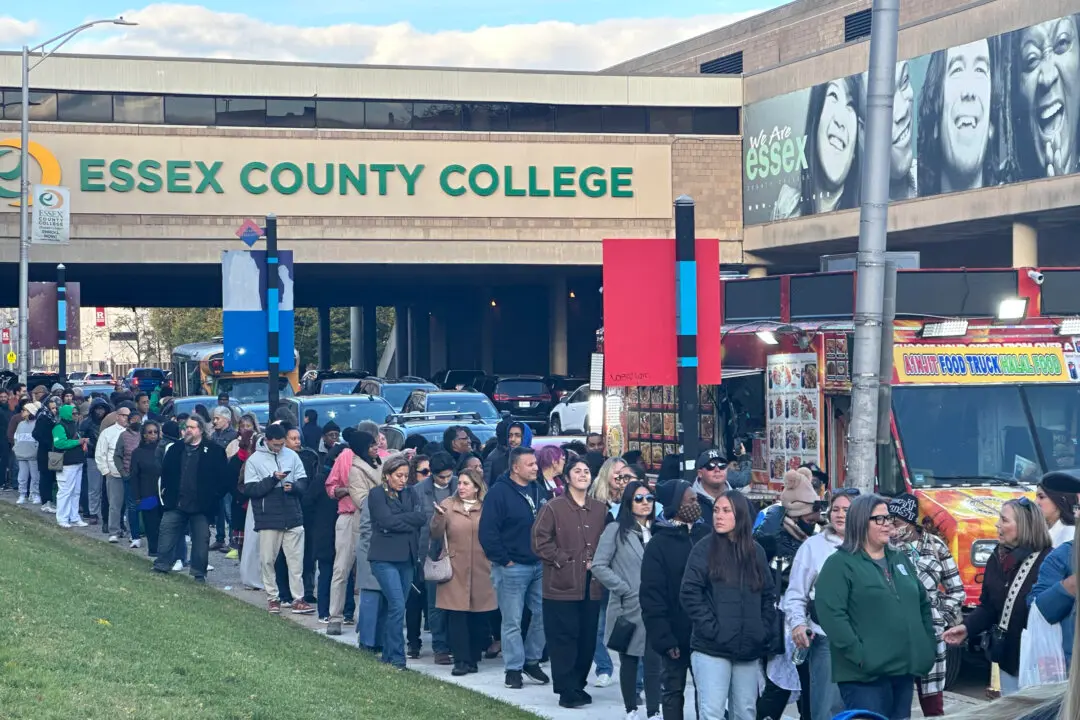Maintaining normal function during rounds of chemotherapy is difficult, but Marlyne Barrett isn’t your average cancer patient.
Barrett, 46, is one of the stars on the NBC TV series “Chicago Med” and has played nurse Maggie Lockwood for nearly 10 years even during chemotherapy.





